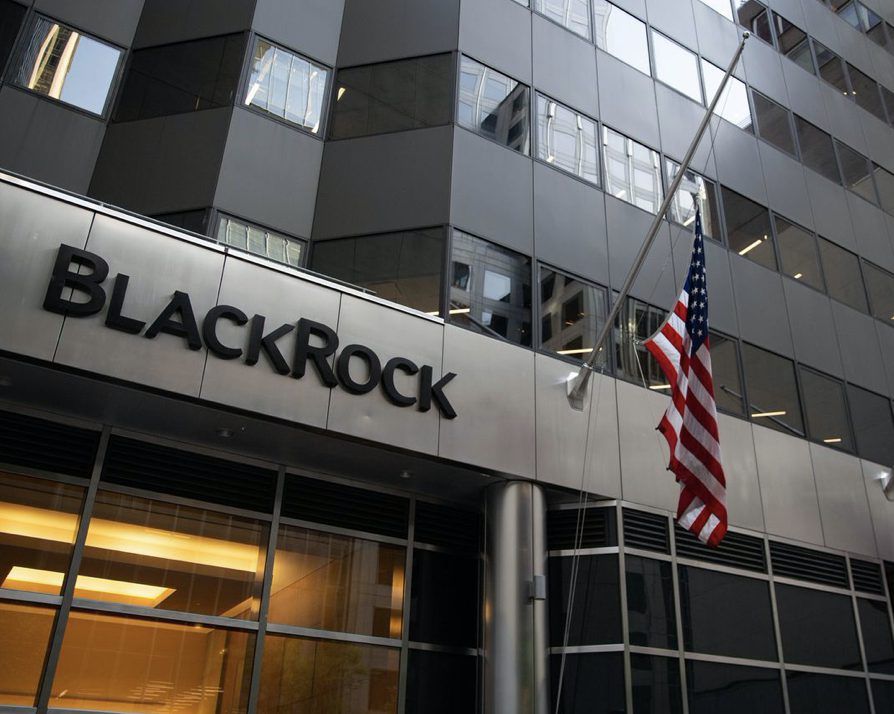A few years ago, a guy with a famous last name who ran a socially responsible investment fund asked me to lunch. I was hesitant because I figured he was planning to yell at me for a column I had recently written: “Stocks Weren’t Made for Social Climbing.” I wrote, “Profits are the best measure of a business’s value to consumers—and to society.” Instead, he was quite pleasant, though while I ate, he complained that most other environmental, social and governance funds weren’t all that socially responsible compared with his—“not ESG enough.” I asked him what was in his portfolio, expecting Tesla or some oat-milk company. He answered, “ General Motors. ” OK then.
These days ESG is big business, with $2.77 trillion in “global sustainable fund assets.” The average expense ratio is 0.41%. And sure enough, apparently some funds aren’t ESG enough. Police in May raided the European offices of Deutsche Bank’s DWS unit in an investigation of “greenwashing”—saying its investments were more sustainable than they were. The authorities claim, “We’ve found evidence that could support allegations of prospectus fraud.” In June the Securities and Exchange Commission announced an investigation into Goldman Sachs for claiming some of its funds were sustainable and ESG when they really weren’t. This is a fight over branding. What has the investment world come to?
Then there’s this: On May 18, the S&P dropped Tesla from its S&P 500 ESG Index. Exxon is still in. The S&P explains why, unconvincingly citing “Tesla’s (lack of) low-carbon strategy.” Tesla CEO Elon Musk tweeted, “ESG is a scam. It has been weaponized by phony social justice warriors.” Those are strong words. Let’s investigate.
Larry Fink, CEO of BlackRock, which has around $10 trillion in assets under management, wrote in a letter to CEOs, “We focus on sustainability not because we’re environmentalists, but because we are capitalists.”
Let’s look inside. BlackRock’s ESG Aware MSCI USA ETF has almost the same top holdings as its S&P 500 ETF with Apple, Microsoft, Amazon, Alphabet, Tesla, Nvidia, JP Morgan Chase, Johnson & Johnson and United Healthcare, dropping Berkshire Hathaway and moving Meta and Home Depot to higher weightings. Fees on ESG Aware are 0.15%, or 15 basis points. BlackRock’s plain-vanilla iShares Core S&P 500 ETF index fund charges only 3 basis points. That’s right, BlackRock charges five times as much for juggling a few names and slapping ESG on the name. Capitalists indeed. As of June 30, ESG Aware was down 23.7% vs. down 20% for the S&P 500 index.
Look away if you’re squeamish, but BlackRock helpfully notes that the S&P 500 has investments of 0.92% in controversial weapons, 0.59% in nuclear weapons, 0.68% in tobacco and 0.12% in United Nations Global Compact violators. Yikes. But not the BlackRock Sustainable Advantage Large Cap Core Fund, an actively managed fund with none of that icky stuff. On May 31 its top holdings were similar to the S&P 500 with lower weightings of Berkshire and UnitedHealth and increased weightings of Visa and Exxon. Exxon! Gross fees were 0.74% and net fees of 0.49% as BlackRock chooses to waive some fees. This fund was down 20.6% as of June 30.
So yes, you’re paying someone five to 15 times as much to adjust some weightings and perform worse. For BlackRock, ESG and sustainable investing don’t seem to be about responsible or socially just investing, they are simply a lucrative business model.
And it’s not only ESG. In May, BlackRock and the U.N. announced plans for “gender lens” investing. Can they even say that anymore? Fidelity already has a Women’s Leadership ETF with net expenses of 0.59% and a similar themed mutual fund with 0.90% expense ratio—20 to 30 times the cost of an S&P 500 ETF.
University of Colorado professor Sanjai Bhagat, writing in the Harvard Business Review, makes four important points about ESG: 1) ESG funds have underperformed; 2) companies that tout their ESG credentials have worse compliance records for labor and environmental rules; 3) ESG scores of companies that signed the U.N. Principles of Investment didn’t improve after they signed, and financial returns were lower for those that signed; and my favorite point, 4) Companies publicly embrace ESG as a cover for poor business performance. It makes sense. When earnings are bad, companies cite their focus on ESG. When earnings are good, they drop ESG references. Actually, this is dangerous as ESG metrics drive overinvestment by ESG funds in companies bragging about their credentials right as their financials turn south. Ouch.
My advice: Buy the stocks of companies with great prospects over the next decade at reasonable prices. Or buy the S&P 500 index and ride the market. But please, stay away from “social” and “sustainable” feel-good investing products and other fads. Skip ESG—it just gives someone else sustainable profits.
To see this article and subscribe to others like it, choose to read more.
 Listen Online
Listen Online Watch Online
Watch Online Find a Station in Your Area
Find a Station in Your Area








 Listen Now
Listen Now Watch Online
Watch Online
